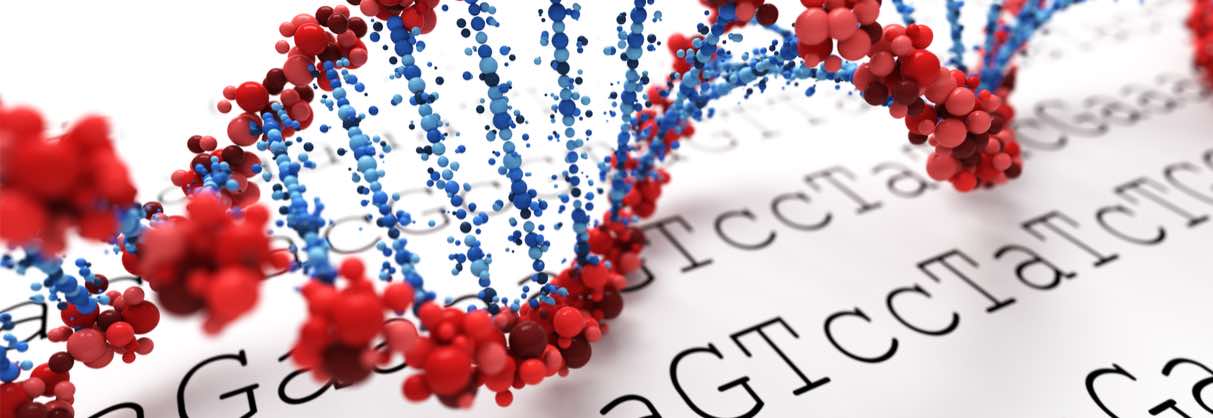An epigenetics drug developed by the Spanish biopharmaceutical company Oryzon has reduced aggressive behavior in patients with Alzheimer’s disease and improved the experience of their caregivers in a phase IIa trial. At the same time, an Alzheimer’s vaccine developed by the Austrian biotech Axon Neuroscience has lowered a key blood biomarker of neurodegeneration by almost 60% in a different phase II trial.
Oryzon presented clinical data from two trials at last week’s AAT-AD/PD Conference hosted online. The company was testing the effect of vafidemstat, an epigenetic drug that controls gene expression without changing the genetic code. Vafidemstat blocks an enzyme called LSD1, which modifies methylation of histones, and is thought to participate in regulating genes involved in the onset of neurodegenerative disorders, cancer, and other indications.
The first results came from a 12-patient, open-label phase IIa study performed over six months to test the effect of vafidemstat on agitation and aggression in moderate and severe Alzheimer’s patients. Reduced aggression was significantly observed using established clinical metrics as well as improved caregiver burden. The full results were presented in an e-poster.
Another set of clinical results came from the same drug in an ongoing randomized phase IIa study in 117 patients. At the six-month point of treatment, patients given the drug showed reductions in a key inflammatory marker of Alzheimer’s disease called YKL40.
“The significance of our results is that we have shown for the first time in human patients that we can safely reduce neuroinflammation and potentially increase synaptic plasticity, which are frequently expressed targets for treatment,” Oryzon’s CMO, Roger Bullock, told me.
Alzheimer’s drug candidates have left many clinical trial failures in their wake, notably Biogen’s abrupt ending of a trial last year — though Biogen has since resurrected the program and expects to apply for FDA approval. According to Bullock, this is partially due to the uncertain relationship between the accumulation of the target protein amyloid-beta and cognitive decline in Alzheimer’s disease.
“Yet we are sure that there is an underlying clinical heterogeneity and there are epigenetic mechanisms operating. We also know that inflammation plays a role, as well in Alzheimer’s disease as in other neurological diseases,” continued Bullock.
In addition to Alzheimer’s disease, Oryzon is also running epigenetic drug development programs in other indications such as cancer with another drug. In 2017, the company suffered a blow with cancer treatment iadademstat after Roche pulled out of a research agreement due to a strategic reshuffle. Oryzon has since taken the drug forward, focusing on acute myeloid leukaemia and small cell lung cancer trials, now in phase IIa.
Also presenting at the same conference was Vienna-based Axon Neuroscience. The company announced positive topline results from a phase II trial of a vaccine halting the progress of Alzheimer’s. The vaccine is designed to treat Alzheimer’s by activating the immune system against harmful forms of a protein called tau, which is believed to be one of the causes of the complex neurological disease.
Axon’s two-year trial was conducted in patients aged 50-80 years and found its vaccine successfully triggered the production of anti-tau antibodies. The company saw an almost 60% reduction in a key biomarker of neurodegeneration in the blood, called neurofilament light chain. Notably, younger Alzheimer’s patients responded better with more than 70% lower blood levels of neurofilament light chain.
“Despite the very challenging times we are facing globally, we must not forget that Alzheimer’s disease is also a looming global pandemic,” stated Michal Fresser, CEO of Axon Neuroscience.
Another European company developing a late-stage Alzheimer’s disease candidate is the Swedish biotech BioArctic. After promising phase IIb results, its Japanese pharma partner Eisai began phase III testing of BioArctic’s anti-amyloid antibody drug last year. The trial is expected to be completed in 2024.
Images from Shutterstock





